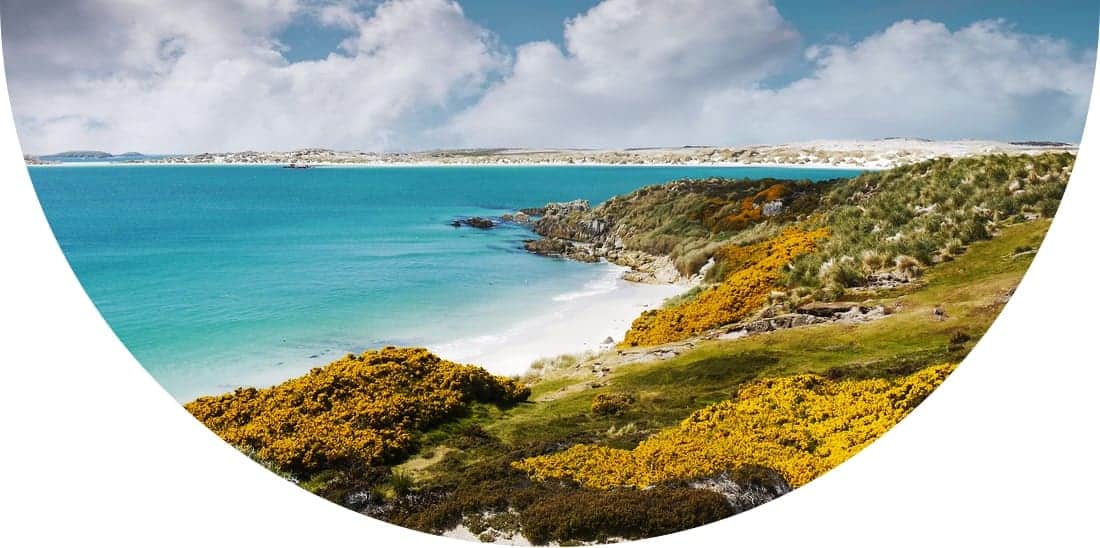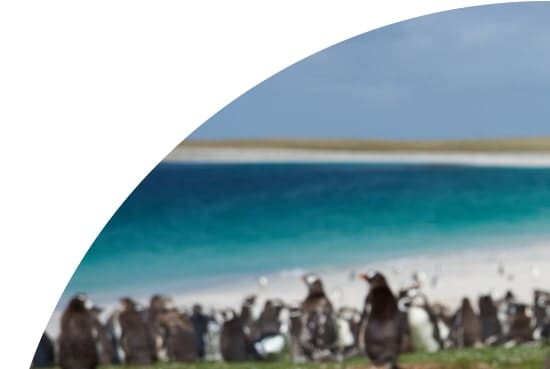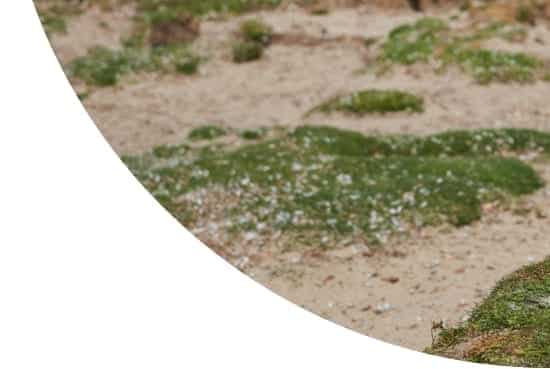West Nile virus (WNV) is spread by mosquitoes in many countries. There are usually no symptoms, although some people develop mild flu-like symptoms, nausea and skin rash. The virus is not contagious and should get better without any treatment.


Travel Vaccinations for Falkland Islands
Recommended Vaccines for Falkland Islands
The level of protection needed depends on your medical history and travel itinerary. Book now to get a personalised recommendation from our specialist travel nurses. The consultation costs £20 plus any vaccines you decide to take.
Flexible appointments with no upfront payment
Book Now
Destination Information for Falkland Islands
The remote South Atlantic archipelago of the Falkland Islands is a British Overseas Territory. The islands are made up of two main islands and several hundred smaller ones, and were the site of a major conflict between the United Kingdom and Argentina, when Argentina laid claim to the Falkland Islands in 1982, even though they have been under British control since 1833.
Today, the Falklands are known for a rural lifestyle – the economy of the islands relies mainly on agriculture and fishing – and spectacular wildlife watching opportunities. Conservation is a priority on the islands, with birds and marine wildlife being most prevalent. The capital, Stanley, is on the East Island, which is also the largest.
The population of the entire Falkland Islands is around 3,000 – about the same as an average village in the UK. Most residents are based in Stanley, with a few living in other small settlements and farms around the islands, as well as British military living at Mount Pleasant Base.
Accommodation options include guesthouses and bed and breakfasts, as well as a number of hotels and campsites. The Falkland Islands make an unusual and intriguing holiday choice, perfect for those who want to escape commercial resorts and simply see an unpretentious and untouched rural landscape at its most natural.
Infections and Outbreaks frequently change from country to country and by attending our clinics you will be given the most up to date clinical and safety advice from our team of specialists. Our advice to you often includes aspects such as:
- Food and water hygiene
- Insect and animal bite avoidances
- Personal safety
- Sexually transmitted infections
- Sun protection
- Altitude sickness
Malaria and regions within country:
Malaria is not normally present in the Falkland Islands.
Additional Health Risks Information for Falkland Islands
Most visitors to the Falkland Islands do so without incident or trouble. There are extremely few reported incidences of crime. The biggest risk to your health if you’re heading to this British Overseas Territory is from the weather; the sun can be very strong, so ensure you wear suitable clothing and eye protection. The weather can be changeable here, and include strong winds on the often exposed and under-maintained roads, so driving can be hazardous.
A leftover from the conflict in 1982, there are still a number of unexploded mines on the Islands. All mine fields are clearly marked and fenced with warning signs, and under no circumstances should you enter these areas.
Healthcare in the Falkland Islands is generally of a good standard, with a well-equipped medical facility and dental services in the capital, Stanley. If you’re visiting the Islands you should ensure that your travel insurance includes air ambulance evacuation in the event of an emergency. The tap water here is generally considered to be safe to drink, so simply exercise common sense about food hygiene and safety and you should stay healthy!



